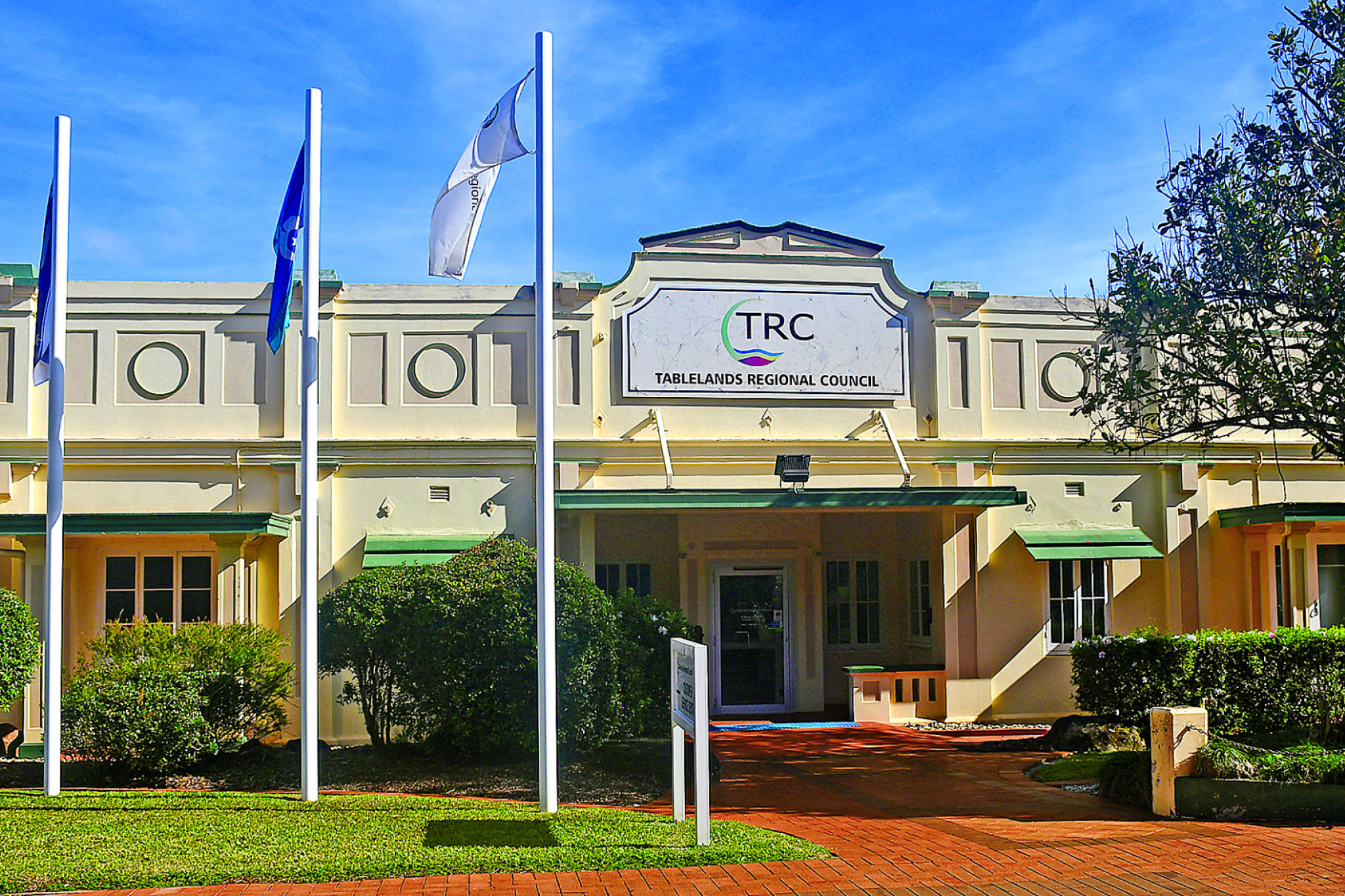General News
14 October, 2025
Closed-door discussions on the rise
ITEMS being discussed behind closed doors by Tablelands Regional Council has nearly doubled since its new chief executive officer took over the reins in February, triggering criticism that the organisation is becoming increasingly more secretive.

The number of items being considered in closed session has risen to 43 since February – up from 24 in the previous eight months before CEO Nikola Stepanov arrived.
In comparison, neighbouring Mareeba Shire Council has only put one item – a staffing issue – into closed session in the past eight months.
A notable change for TRC is that many tenders are now placed into closed session, not allowing the public or media to read about what is being purchased and why; or the full details of projects being awarded contracts.
Dr Stepanov has defended the move, saying it is her “preference” that tenders are put into closed session, and that, in part, it’s because her financial delegation is limited to $200,000.
But her delegation is no different than former CEO Gary Rinehart’s delegation limit or that of Mareeba Shire’s CEO.
Other items discussed behind closed doors in the past few months were the council’s nursery operation, the library service review, which resulted in the proposal to close three libraries, and council’s advisory committees, which were all subsequently dissolved.
Former councillor Peter Hodge said the number of issues now being discussed in secret was not acceptable and disputed the CEO’s explanation that tenders needed to be put into closed session because “if discussions were to occur in open session, important details would need to be left out of reports to ensure that TRC did not breach its confidentiality obligations, which would mean our councillors aren’t given all the information they need to make fully informed decisions”.
“I disagree with putting many of the items in closed session because it simply lacks transparency,” Mr Hodge said.
“The council is there to represent the people – they are the shareholders – you are spending their money and they deserve to know what they are getting for that money.
“It smacks of bureaucracy when they should be seeking to be open and transparent.
“When it comes to tenders, they may say that it’s because of commercial in confidence, but that does not ring true – when we dealt with tenders, the report would not name the companies involved, except for the winning tenderer.”
Former councillor David Clifton agreed, saying the CEO’s reasoning suggested that the previous council was continually misled by the way officers framed and managed the agenda.
“Since the TRC Budget of June 2024, a great amount of detail has simply been removed from public view or been placed in Confidential during meetings,” he said, noting that the 10-year capital works program has also not been made public since then.
“Both of these steps challenge the first principle of Local Government that prescribes that there should be ‘transparent and effective processes, and decision-making in the public interest’,” he said.
“It is staggering to think that this first principle can be observed whilst moving twice as many items into Confidential as was done previously.
“A nursery review is not a matter of confidentiality unless the review outcome is embarrassing – it is budgeted to make at least a $255,000 loss in 2025-26.
“The Mareeba Shire Council experience of one item in Confidential as compared with 43 items in the TRC reflects two fundamentally different sets of operation and responsibility to the community.”
But Dr Stepanov said it was essential the council adhered to legislative requirements in how it conducted meetings and operated more broadly.
“Part of this involves facilitating open and frank discussion in a non-prejudicial setting, where councillors can consider all relevant details before reaching a decision,” she said.
“Such discussions allow for the careful examination of information, some of which may be sensitive in nature. If shared prematurely or without context in an open forum, these details could cause unnecessary concern, misinterpretation or even harm to staff, individuals and businesses.
“Even when decisions are made in closed session, they are made by the Tablelands’ elected representatives, not unelected officers. This ensures accountability rests with those chosen by the community to govern on their behalf.”
But Mr Clifton asserts that by putting items in closed session it restricts the elected representative.
“Of course, the outcome of the confidential movement is to severely limit the elected member’s ability to discuss the decision and its reasons with members of the community,” he said.
“It makes the elected member party to the public perception of unnecessary secrecy and a lack of transparency.”


